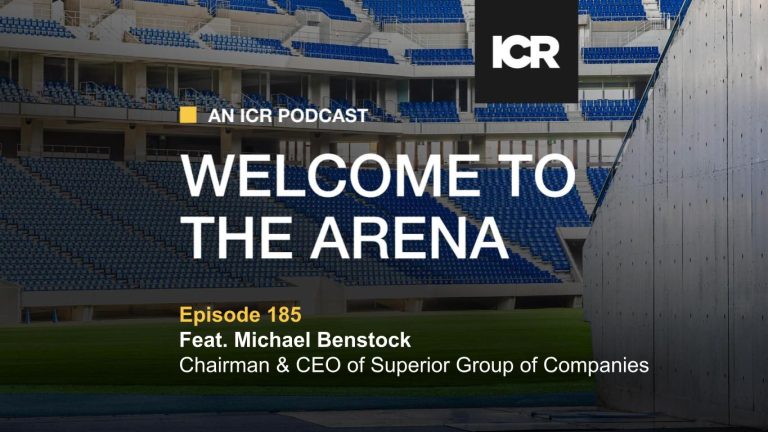SPAC Issuance Continues to Grow as More Institutional Investors Embrace the Structure
NEW YORK – May 7, 2019 – ICR, a leading strategic communications and advisory firm, today announced the release of ICR’s Guide to a Successful SPAC. This primer update for SPACs provides an overview of the SPAC market, explains how and where SPACs typically list, which investment banks work on these IPOs, the emerging interest of institutional investors, and the unique communications challenges for executing a successful transaction or “de-SPACing.”
SPACs, formed to raise capital in an initial public offering with the purpose of identifying and acquiring one or more operating companies, are generally given up to two years to complete a successful business combination.
“SPACs are attracting higher quality acquisition targets and more private equity firms are willing to take back roll-over equity as part of consideration in the deal. Yet structurally, SPACs still provide the business seller with more liquidity than a typical IPO,” said Don Duffy, President of ICR. “As the deal size grows, we are also seeing increased institutional investor participation in these transactions.”
More than 70 public SPACs hold approximately $20 billion in cash and have not yet completed acquisitions. In the first quarter of 2019 alone, 14 SPACs raised over $3 billion, almost exceeding the issuance from all other types of IPOs combined.
“Investor perception of SPACs is clearly changing, as we see them coming to appreciate that a SPAC IPO provides a nearly risk-free view of the targeted acquisition transaction and the ability to vote on the deal,” said Duffy. “In addition, the SPAC and target business offer investors more transparency than a traditional IPO by providing forward-looking guidance and substantial access to management as part of the process to obtain shareholder approval and close a transaction.”
The de-SPAC process begins once the SPAC announces its proposed acquisition, representing the start of a high-stakes, condensed timeline to complete the transaction.
“The compressed timeframe to complete the transaction, or de-SPACing, presents unique financial communication challenges that ICR has helped numerous SPACs solve,” said Katie Turner, Partner at ICR. “Like a typical IPO, this process highlights the critical importance of having the necessary public company infrastructure in place, proper positioning relative to a peer group, enhanced investor targeting, detailed financial modeling, conservative forecasting, and the development of a strategic communications plan to establish a successful track record as a new public company.”
To be successful, SPACs need an experienced team that understands the de-SPACing process, the industry, and the challenges related to announcing an acquisition and the shareholder vote process. In addition, an important, but often overlooked, aspect of the communications strategy is to begin to transition the narrative from the SPAC sponsor’s messaging to the go-forward business strategy.
“Complex transactions require deep experience and a comprehensive communications strategy to be successful,” said Phil Denning, Partner at ICR. “The SPAC acquisition announcement is a one-time opportunity to position the transaction so that shareholders, and potential shareholders, find the combination attractive. The merits of any deal need to be clearly articulated to receive necessary approvals, and a clear, coordinated communications program targeting all important constituents – from employees to customers to investors – is critical for overall success.”
ICR is the largest advisor and communications consultant to SPACs, having completed dozens of transactions over the past decade. To obtain a copy of ICR’s Guide to a Successful SPAC please click here.
About ICR
Established in 1998, ICR partners with companies to execute strategic communications and advisory programs that achieve business goals, build awareness and credibility, and enhance long-term enterprise value. The firm’s highly-differentiated service model, which pairs capital markets veterans with senior communications professionals, brings deep sector knowledge and relationships to more than 650 clients in approximately 20 industries. ICR’s healthcare practice operates under the Westwicke brand (www.westwicke.com). Today, ICR is one of the largest and most experienced independent communications and advisory firms in North America, maintaining offices in New York, Norwalk, Boston, Baltimore, San Francisco, San Diego and Beijing. ICR also advises on capital markets transactions through ICR Capital, LLC. Learn more at www.icrinc.com. Follow us on Twitter at @ICRPR.
Contacts
ICR
Brian Ruby, 203-682-8268
brian.ruby@icrinc.com



